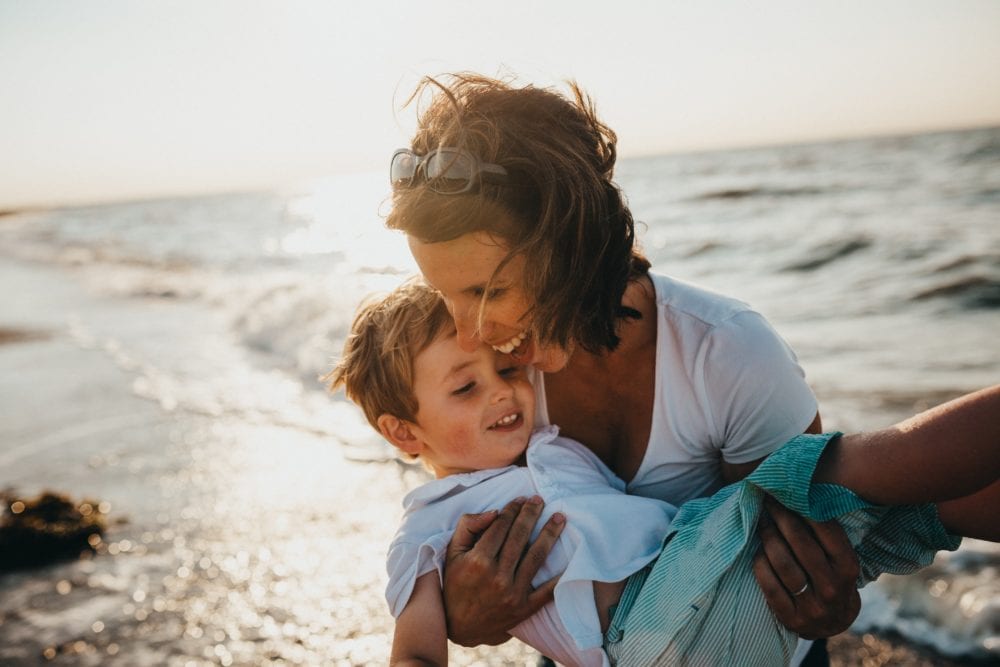Last month, VillaKey became the first vacation rental company to become certified in autism travel by the International Board of Credentialing and Continuing Education Standards (IBCCES). The company is now a certified autism center, and its staff members are certified autism travel professionals.
Earlier this year, the Centers for Disease Control published a report finding that about 1 in 59 children were found to identify with autism spectrum disorder (ASD), a range of developmental disabilities that can cause behavioral, social, and communication difficulties. Travel is particularly tough for many families with autistic children because they may have trouble adapting to change in their surroundings and routines, can become quickly overwhelmed by sensory input, could wander off in an unfamiliar location, and other challenges.
VillaKey is primarily a marketing platform with around 1,200 homes listed across Florida and Colorado. Over the next few months, it will expand inventory into additional vacation rental markets including San Diego, Pigeon Forge, and Myrtle Beach, areas with attractions that appeal to families with autistic children.
“One of the reasons I was so excited to take this certification is that it applies exceptionally well [to vacation rentals],” said Alice Horn, VillaKey founder and CEO. “In the vacation rental industry, we do have the opportunity to control the environment for a family with an autistic child much more so than in a hotel.”
Horn said many of the families VillaKey staff speak with have never traveled before because of these risks. “We felt that for the autism families one of the big issues is trust,” she said. “It’s really important for them to know that this is a solid opportunity and that the team behind VillaKey cares enough to learn about their needs, and part of that means certification.”
“Our program competencies are based on the training content as it relates to various settings, so applicants have a broad-based view of not only what autism is and some common signs or needs individuals on the spectrum have, but also ways they can enhance the travel experience,” said Meredith Tekin, president of IBCCES. “Organizations like VillaKey and our other certified destinations are going above and beyond to say ‘autism-friendly’ isn’t enough. They wanted an independent, evidence-based program and have made a commitment to serving guests with all needs.”
In addition to the autism travel certifications, VillaKey helps guests overcome their unique travel challenges with a growing collection of about 200 homes designated as autism-friendly. The company works with its homeowners and property managers to identify and upgrade homes with features like a quiet location, soft lighting and colors, alarms on exit doors, full kitchens for cooking specialized meals, and pet friendliness as many kids with ASD have service animals.
“When you walk into a home, its welcoming, it’s calm, it’s familiar,” Horn said. “A lot of kids have a challenge with change, but a home environment makes it much easier for the whole family.”
The company has further stamped its mark on autism travel with pre-arrival educational materials for parents and kids as well as VillaKey Cares, a program in which VillaKey donates 10 percent of net profits to help support travel expenses for families impacted by autism with limited resources.
According to a 2014 study “Costs of Autism Spectrum Disorders in the United Kingdom and the United States,” about 1 percent of the world population, including 3.5 million Americans, has ASD. Autism services cost US citizens $236-262 billion annually, or an average of $2.4 million per person with an intellectual disability over the course of his or her lifetime.
Read more about VillaKey, autism travel, and niche travel in the Winter 2019 issue of VRM Intel.


